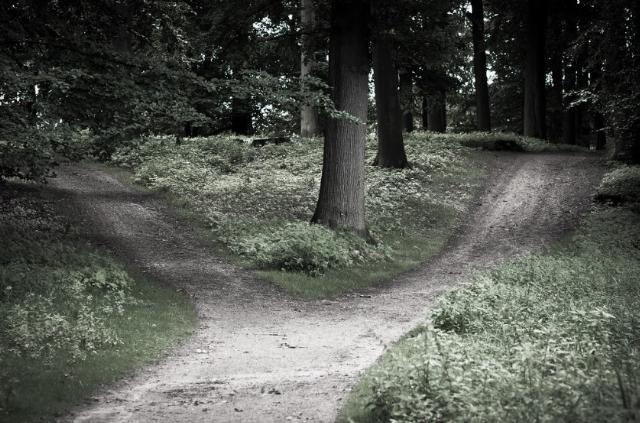Tradition, progress, and political polarization
The Left says man is perfectible. The Right says not so, that man is fallen, that whole Garden of Eden thing. Left wants government to make man perfect, but that's impossible and inherently authoritarian. Right believes in building a better future by building on positive traditions that work and discarding those that don't. Left believes in discarding all traditions and building a future on untested traditions without restraints or guardrails in the name of progress. Left says government is society's most important institution. Right says it's the family.
Left wants to create a one-party state by doing away with the Electoral College, stacking the Supreme Court with more liberal justices, and making Washington D.C. and Puerto Rico states in order to get a permanent majority in the Senate by adding four Democrat senators, and finally, eliminate the filibuster in the Senate in order to further eliminate minority power. Basically, Democrats want to destroy the American tradition of checks and balances and what used to be the loyal opposition, Republicans.
The consensus that we were all Americans first is a quaint and an antiquated notion that disappeared a long time ago. Politics has literally become a blood sport where Louisiana GOP representative Steve Scalise came within a whisker of being assassinated by a deranged Bernie Sanders supporter in 2017. And as everyone knows, political violence has ramped up recently with the two attempts on Trump's life. All we get from the mainstream media is a big fat yawn. Imagine if there were an attempt on Kamala Harris' life. There would be endless wall-to-wall coverage for weeks on end with no end to it in sight.
In “Two Americas,” Patrick J. Moran does a great job in outlining the differences between the philosophical visions of the Right and the Left, including how modern liberalism emerged from the Enlightenment that heralded the idea of never-ending progress without consideration of traditions that had been the glue that kept societies together. The end result has been a conflict of visions brewing for nearly five hundred years and is being reflected in this year's election. It's the apotheosis of political polarization.
The following excerpt describes what's at stake in the upcoming election:
The two Americas have a score to settle, and never have the differences between the two been so stark. Two parallel philosophies seek to impose their vision of what America was, is, and should be in an election that represents almost 500 years of brewing conflict. It is not a unity election, or an opportunity for national reconciliation; it is a pivotal battle in a long-fought war that may never end.
Another excerpt from “Two Americas” describes what the vision for America under Trump where positive traditions would be restored might look like:
The Traditional vision, while not perfectly embodied by Trump, at least aims at something better: a less centralized economic policy; States deciding how to apply their own police power on issues implicated under it, such as abortion; and an assurance that the federal government will not infringe those rights that it has guaranteed to us, including that of religious freedom and the right to bear arms, not to mention fulfilling its responsibility to maintain our border. These are not drastic changes, but rather, a promise to restore the status quo, much like what the American Revolution (in one view) sought to accomplish. Instead of a perennial rebellion against what came before, it aims to preserve what traditions we have retained and, God willing, restore some of what’s been lost.
The choice between Trump and Harris is indeed stark, more so than possibly any other time in American history that will determine what the future of the United Stated will look like for a long time to come.

Image: Tolkmit





